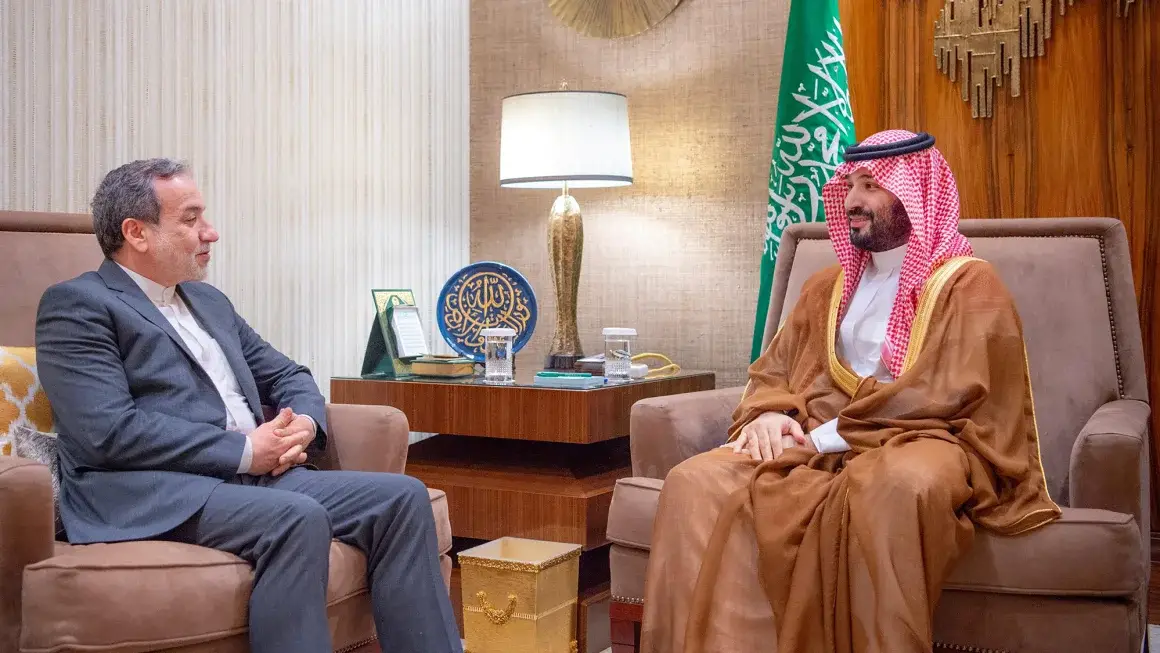Saudi Arabia has expressed willingness to mediate between the Trump administration and Iran in pursuit of a new agreement to limit Tehran’s nuclear program, CNN reported Sunday. Riyadh hopes to leverage its close ties with U.S. President Donald Trump to offer Iran a diplomatic bridge to the White House as tensions continue to shape the region.
Concerns Over Iran’s Nuclear Intentions
The kingdom is particularly concerned that Iran may now have a greater inclination to develop a nuclear weapon. With Iran’s regional proxies significantly weakened, Saudi officials fear Tehran may seek alternative means to bolster its defense. Although it remains unclear whether Saudi Arabia has formally proposed mediation, the move signals Riyadh’s ambition to secure a seat at the negotiating table for any future nuclear deal.
While President Trump has voiced his willingness to negotiate a new agreement, Iran’s stance remains uncertain. Supreme Leader Ayatollah Ali Khamenei stated last week that engaging in talks with the United States was “not smart.” Meanwhile, the US State Department and the Saudi foreign ministry did not respond to CNN’s requests for comment, and Iran’s mission to the United Nations in New York also declined to comment.
Saudi-Iran Relations and Past Nuclear Dealings
Saudi Arabia publicly supported the 2015 nuclear agreement between Iran and global powers but privately expressed frustration over the Obama administration’s failure to address Tehran’s regional activities—particularly its missile program and its backing of proxy groups across the Middle East. Riyadh later welcomed Trump’s 2018 decision to withdraw from the deal.
A year after the US withdrawal, Saudi Arabia suffered a major drone and missile attack on its oil facilities, temporarily cutting the crude production of the world’s largest oil exporter in half. While Yemen’s Iran-backed Houthi rebels claimed responsibility, the US blamed Iran. However, Washington stopped short of taking military action in defense of Saudi Arabia.
Easing Tensions and a New Regional Landscape
Despite past hostilities, relations between Saudi Arabia and Iran have improved significantly in recent years. In March 2023, the two nations surprised the world by announcing a China-brokered agreement to normalize ties. Saudi officials view this diplomatic breakthrough as a success, noting that Houthi attacks on Saudi territory have ceased and that the kingdom was spared from the latest round of hostilities between Israel and Iran.
Over the past 15 months, Iran-backed groups in Lebanon and Gaza have suffered significant setbacks due to Israeli military actions. Iran’s ability to project power beyond its borders has also diminished, particularly with continued strikes in Syria, Iraq, and Yemen. The Assad regime’s decline in Syria has further reshaped the regional balance of power.
Saudi Arabia now sees an opportunity to further de-escalate tensions with Iran and strengthen diplomatic ties. The kingdom has consistently emphasized that it does not wish to be drawn into any American or Israeli confrontation with Iran. At the same time, officials in Riyadh worry that a cornered Tehran may be more likely to pursue nuclear weapons, making a new nuclear deal a priority.
Trump’s Stance on a New Deal
Since reassuming office, Trump has reiterated his desire for a fresh agreement with Iran. While maintaining sanctions on the country, he has expressed interest in negotiations.
“I want Iran to be a great and successful country, but one that cannot have a nuclear weapon. Reports that the United States, working in conjunction with Israel, is going to blow Iran into smithereens ARE GREATLY EXAGGERATED,” Trump posted on Truth Social last week.
Saudi Arabia’s recent diplomatic efforts reflect its recalibrated foreign policy, which prioritizes economic growth and stability over prolonged regional conflicts. With shifting geopolitical dynamics, the kingdom sees itself as a key player in shaping the future of Middle Eastern diplomacy.






